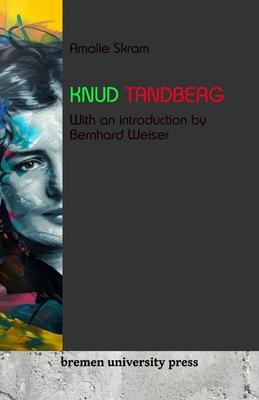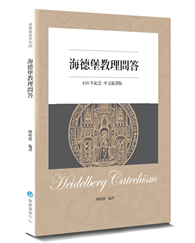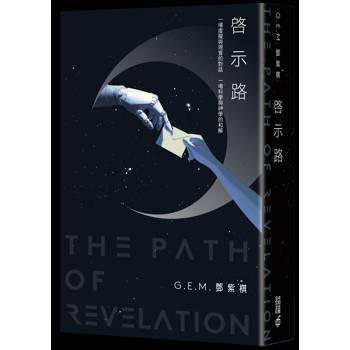Amalie Skram, a master of Nordic literature, takes us into the depths of Scandinavia’s naturalist movement in her work. With a keen eye for social ills and an unyielding voice against the oppression of women, Skram unfolds a world characterised by the challenges and injustices faced by women in a patriarchal society. In her remarkable narrative work, Skram not only reveals the social conflicts of her time, but also the inner struggles of women on their path to self-discovery and autonomy.
Skram utilises a sophisticated narrative technique that allows for a dynamic and multi-faceted portrayal of human relationships and emotional conflicts by switching perspectives between characters. This method allows readers to develop a deep connection with the characters and to empathise with their emotions, thoughts and motivations. "Knud Tandberg" thus becomes a vivid testimony to the human condition and the complexity of interpersonal relationships.
The story tells of Knud Tandberg’s wife, who separates from her unfaithful husband in a courageous act of self-assertion. This decision exemplifies the struggle for female autonomy and emotional independence at a time when social and legal rules severely restricted women. Amalie Skram’s "Knud Tandberg" is therefore more than just a story; it is a manifesto for the emancipation of women and a call for empathy and understanding in a world torn apart by conflict.
| FindBook |
|
有 1 項符合
Tatarnikova的圖書 |
 |
$ 1375 | Knud Tandberg: With an introduction by Bernhard Weiser
作者:Skram / 譯者:Tatarnikova,Julia 出版社:Bremen University Press 出版日期:2024-04-01 語言:英文 規格:平裝 / 110頁 / 21.59 x 13.97 x 0.66 cm / 普通級/ 初版  看圖書介紹 看圖書介紹
|
|
|
圖書介紹 - 資料來源:博客來 評分:
圖書名稱:Knud Tandberg: With an introduction by Bernhard Weiser
內容簡介
|











